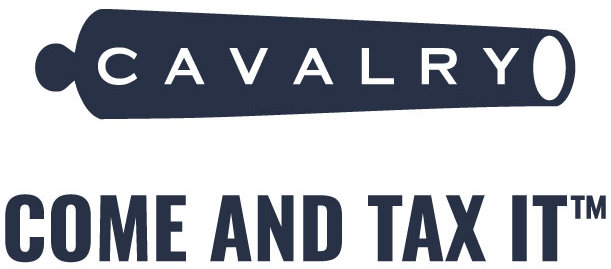May 15th is the annual appeal deadline for real estate assessments in Texas and we are daring assessing jurisdictions to Come and Tax It. If your assessment has increased, call in the Cavalry to evaluate your portfolio for appeal opportunities to save you money.
Curious about how real estate assessments work in Texas? Here are answers to some frequently asked questions:
1. What is a real estate assessment? A real estate assessment, also known as a property appraisal, is the process of determining the value of a property for taxation purposes. This assessment is typically conducted by the county appraisal district and is used to calculate property taxes.
2. How is the value of a property assessed in Texas? In Texas, the value of a property is assessed by the county appraisal district. Appraisers consider factors such as the property’s size, location, condition, and any improvements made to it. The assessed value serves as the basis for calculating property taxes.
3. How often are property assessments conducted in Texas? Property assessments in Texas are typically conducted annually or every few years by the county appraisal district. However, the frequency may vary depending on the county’s practices and local regulations.
4. What factors can affect property assessments? Several factors can influence property assessments, including changes in market conditions, property values, improvements or renovations to the property, and updates to zoning or land use regulations. Additionally, errors in the assessment process or discrepancies in property data can also impact assessments.
6. How are property taxes calculated based on assessments? Once the value of a property is assessed, property taxes are calculated by applying the appropriate tax rate to the assessed value. Property tax rates vary depending on the jurisdiction and may include rates set by counties, cities, school districts, and special districts.
7. Are there exemptions or deductions available for property taxes in Texas? Yes, Texas offers various exemptions and deductions that can lower the amount of property tax owed. Take a look at our blog post on Agricultural and Farm Tax credits for one example.
The bottom line is that if your assessment goes up, your tax bill likely will, too. And when that happens, there is often an opportunity to appeal your assessment and save on taxes. Cavalry’s deep understanding of how real estate assessments work in Texas and experience reducing tax bills mean we’re ready to help ensure you aren’t paying more than your fair share of taxes. So, call in the Cavalry and tell your assessing jurisdiction to Come and Tax ItTM.
